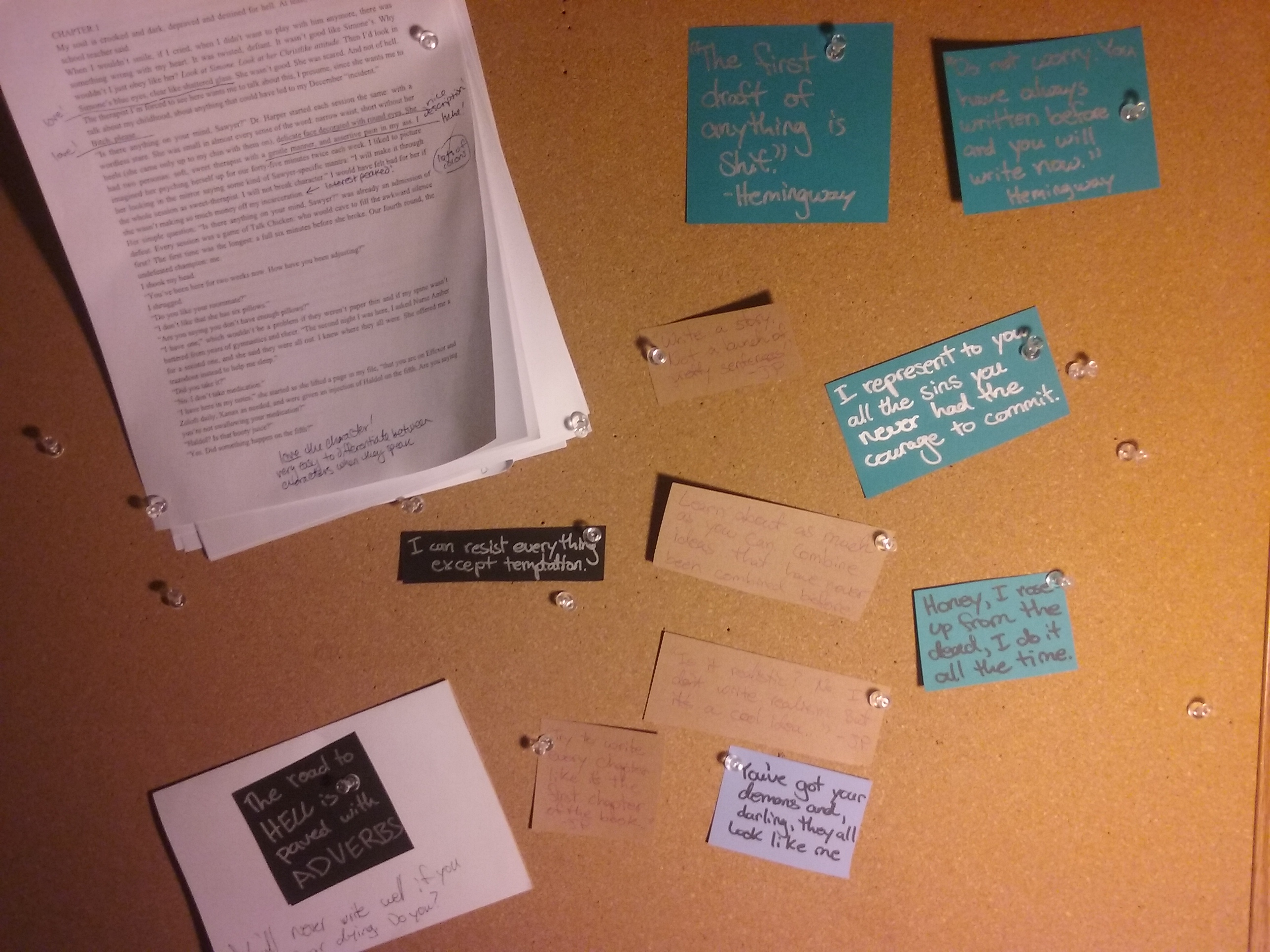The first and only writing class I ever took was a one semester required course my senior year in high school. One of our assignments was to interview a first grader and write a children’s book inspired by that student. But, before we could do that, we had to bring in our favorite book from our own childhood. Everyone in the class was thrilled, overcome with nostalgia as they presented that well-loved and tattered book their mom or dad read to them when they were little.
I had nothing.
I whined that I didn’t have a favorite book because my parents hadn’t read to me, and that I lacked reading comprehension because my family culture hadn’t instilled a love of reading in me. PBS children’s programing was my substitute. I even repeated the line my mom used to describe her own childhood: “I was raised by the TV.”
I know. Poor, middle class, American me.
When I started writing religiously about eight years later, I figured I’d never make any money doing it because I wasn’t a reader. Check out any author bio or interview, I bet you my secret unibrow that they mention the books they were addicted to in childhood or adolescence, or at least the authors who influenced them the most.
Sure, I have an author or two who inspire me (Can I get a woot, woot! for Gillian Flynn?). But it wasn’t until last week when I threw on an old DVD while I wrote that I realized exactly what my work most closely resembles.
That’s right. All those years binge watching 30 Rock while doing my math homework or nursing my son or falling asleep on the couch have paid off in the form of some weird ass, rhythmic, and sometimes hilarious book dialogue.
So, all you aspiring writers who don’t like to read, let me tell you why you might just be okay if you watch TV (and movies for that matter).
- Stories on screen show more than tell. This is the nature of the medium, but it can also be beautifully transferred to prose. I’ve noticed some of my favorite authors relax into the trap of narrating their character’s feelings instead of crafting each scene to elicit that emotion in the reader. Usually, TV has no choice but to show instead of tell. Better yet, it’s glaring when a television writer slips into expositional or melodramatic dialogue. There are just fewer places to hide bad writing like this on screen.
- Characters are forced to have believable dialogue. 30 Rock has such incredible dialogue that my writing “prophet,” Robert McKee, wrote a whole chapter analyzing it in his book, Dialogue. Conversations in novels can sometimes sound stilted when read aloud––or silently––because they don’t have to be acted. They also can drag out into monologues instead of carrying the momentum of that back-and-forth, tug-of-war on screen conversations must have. As with everything, it’s easier to craft dialogue after witnessing it done well. TV is the place to see this.
- On screen storytelling must be concise. TV shows often have time constraints, just as novels have word count limits. Many of my fellow writers struggle to stay under the recommended word count, where as I fight to get to it. While I could tell you it’s because my writing is so fast paced, exciting, and packs a punch, it’s more likely that I’m lazy. However, I learned to say much with little by watching full stories told in twenty-three minute episodes. Watch TV, and you might start to write more with fewer words.
Keep in mind that all of the following applies to well-written TV. Not reality. Not soap operas. Not superhero or cop shows with ridiculous dialogue. Not that you can’t watch bad TV. You probably should. Just like you should read bad books. Just know which is bad and which is well done. Don’t imitate crap.
So, Mom, I thank you for exposing me to well-stellar comedy, to Friends, The Office, Seinfeld, and 30 Rock. Sure, I may not love reading, but at least my characters sound a tad like Tina Fey’s.
And she’s unarguably amazing.




